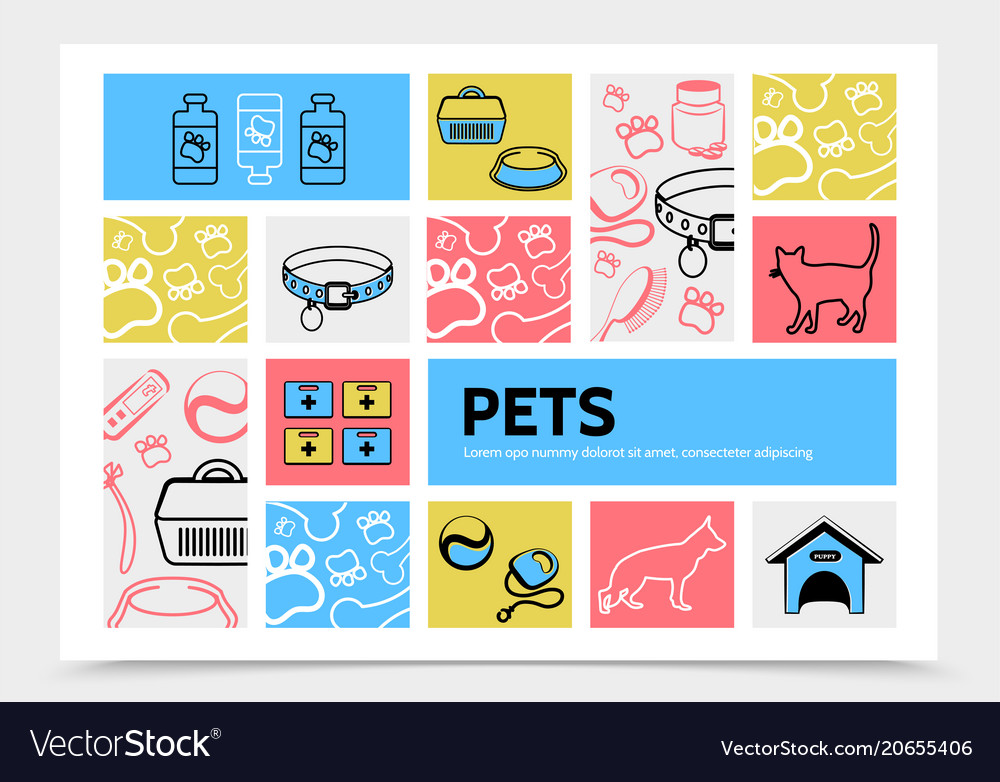What Do I Need To Do To Prepare For Boarding By Dog
What Do I Need To Do To Prepare For Boarding By Dog
Blog Article
Can Pet Daycare Cause Ailment?
Possibilities are that if your canine is routinely revealed to other dogs, even if they're effectively vaccinated, they might get back with some type of ailment. Vaccinations, regular vet examinations, and excellent hygiene practices can lessen risk variables for infection and illness.
Stressed or anxious dogs can develop gastrointestinal problems and other health and wellness problems that are quickly spread out in between canines. Establishing age restrictions and behavioral rules can help ensure that just healthy and balanced pets enter your center.
Distemper
Canine distemper is a significant and usually deadly infection that strikes a pet dog's respiratory system, digestive system, skin and body immune systems. Pups are specifically prone and can get the illness with straight contact with an infected animal or with the airborne transmission of virus particles emitted throughout coughing, sneezing or taking a breath.
The incubation duration for canine distemper is in between 3 and 7 days. While young puppies at day care may seem to catch parvo from an additional contaminated pet dog, it's unlikely because the incubation period is so short.
While there is no cure for canine distemper, encouraging treatment can aid canines recover. This consists of liquids, prescription antibiotics and medications to regulate seizures. The Drake Facility for Vet Care notes that symptoms include dripping eyes and nose, looseness of the bowels, throwing up, loss of appetite and neurological problems such as twitching and shakes. Young puppies need a complete inoculation series and yearly boosters to protect them versus this condition, which is why respectable doggy daycare facilities need up-to-date vaccinations.
Kennel Coughing
Kennel Cough (Canine Transmittable Tracheobronchitis) is a very infectious upper respiratory system problem triggered by bacteria and infections. It spreads through air-borne droplets from a cough or sneeze, straight get in touch with, and sharing of contaminated things such as playthings or water bowls. It is endemic in position where lots of dogs are housed close together, such as kennels, dog parks, brushing beauty parlors and shows. Numerous injections are available to shield against the pathogens that create kennel cough, and correct health practices can aid stop infection.
The classic signs and symptom is a dry, hacking cough comparable to that of a goose honk, and many dogs recuperate with little intervention. Nonetheless, serious instances can cause pneumonia, and puppies or pets with pre-existing health problem are at higher threat for issues. To speed up recuperation, utilize a harness as opposed to a collar while your pet dog is recovering to stay clear of irritation to the windpipe. A humidifier might also assist to moisten the air and stop dry coughing.
Parvovirus
Parvovirus (CPV) is a significant illness in pets. It is similar to feline panleukopenia (feline distemper), yet it's a lot more harmful and can spread promptly among dogs because of its extremely durable nature.
This virus assaults the intestinal cellular lining of a dog, damaging it and causing microorganisms to slough off right into the bloodstream. The damaged immune system and frustrating microorganisms result in septic shock, which is usually fatal.
The good news is, veterinary health centers provide reliable treatment for parvovirus. These drugs are given directly right into a client's blood stream and targeted towards the certain pressure of parvovirus. This treatment approach is highly reliable and aids retrain the body immune system to fight off the infection. Pet dogs with severe signs are commonly hospitalized for several days for tracking and extensive care to guarantee their survival. Pups, unvaccinated canines and pet dogs with weak body immune systems are particularly prone to parvovirus. This is specifically true for young puppies birthed to roaming mothers and shelter settings, where they are exposed to numerous various other unwell and vulnerable pet dogs.
Pooch Influenza
Dog flu (CIV) is a contagious breathing condition that can be brought on by canines sharing polluted surface areas or direct contact with breathing secretions. CIV spreads conveniently in settings where there are high numbers of canines, such as pet dog parks, daycares, grooming facilities and vet facilities.
Infected canines lost the infection through aerosol breathing beads when coughing or sneezing, and might contaminate objects they enter contact with like cages, playthings, food bowls, chains and the hands and clothing of people dog kennels and boarding that manage them. Pets can also be "silent providers" spreading out the infection without showing any type of signs themselves.
Signs and symptoms of canine influenza include sinus and eye discharge, coughing, high temperature, loss of appetite, and weakness. The infection can advance to pneumonia, which can be deadly in some dogs. PCR viral testing is offered for verification of infection. Ideally, samples (generally deep nasal or pharyngeal swabs) for PCR testing ought to be accumulated within 4 days of the onset of scientific indicators.